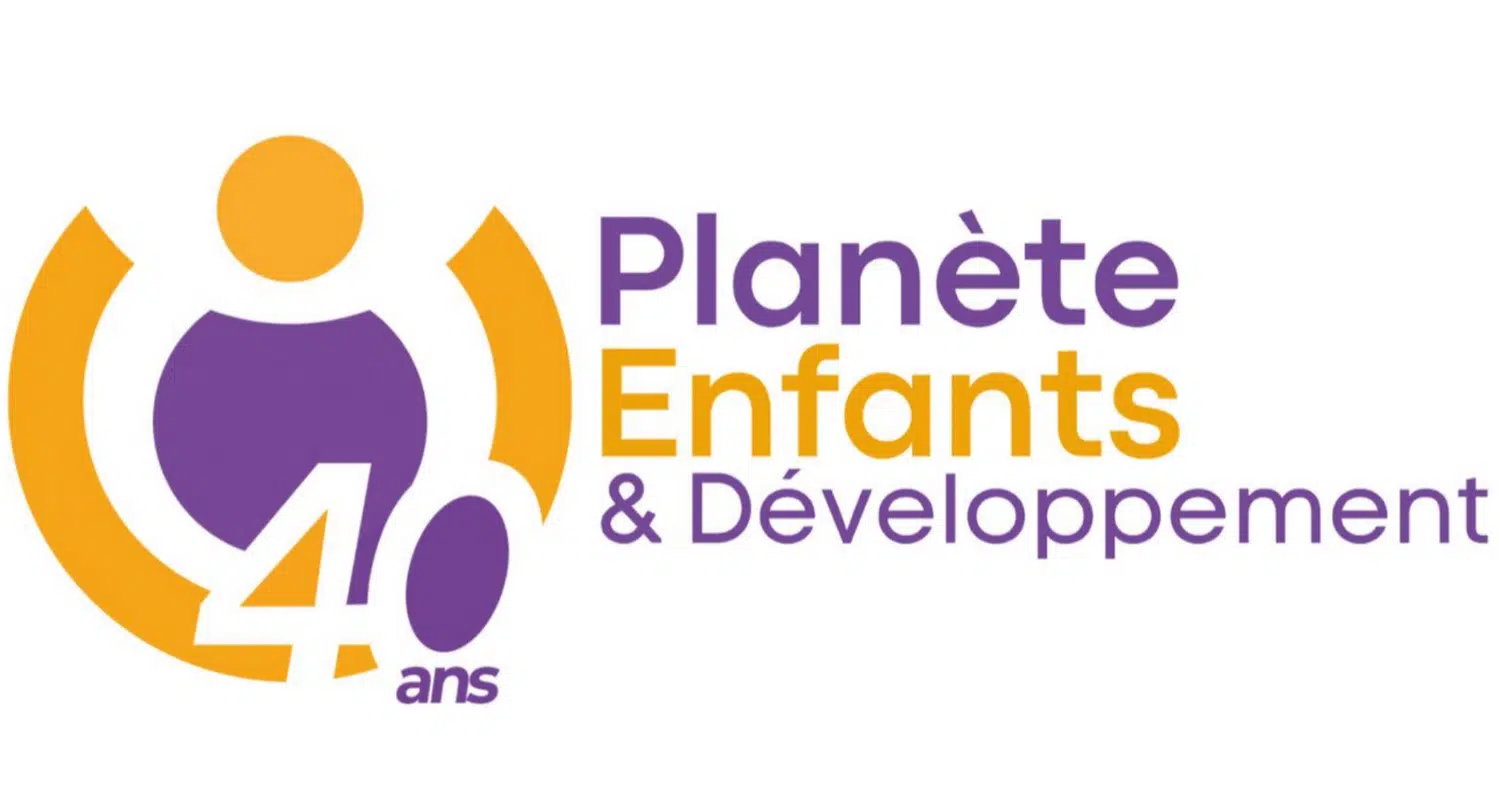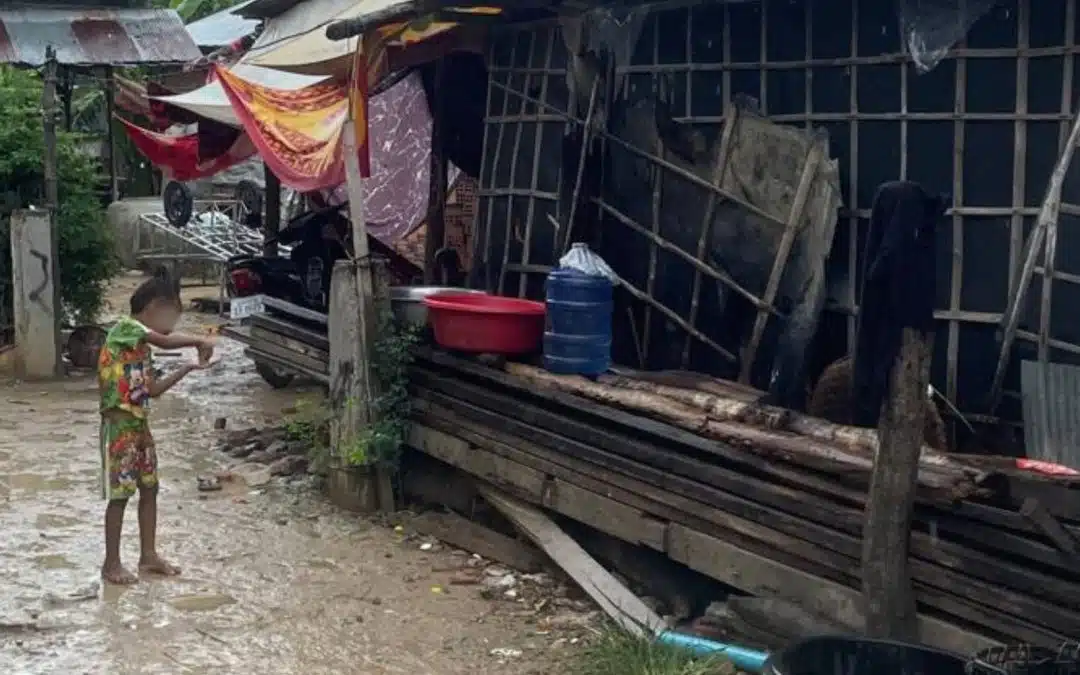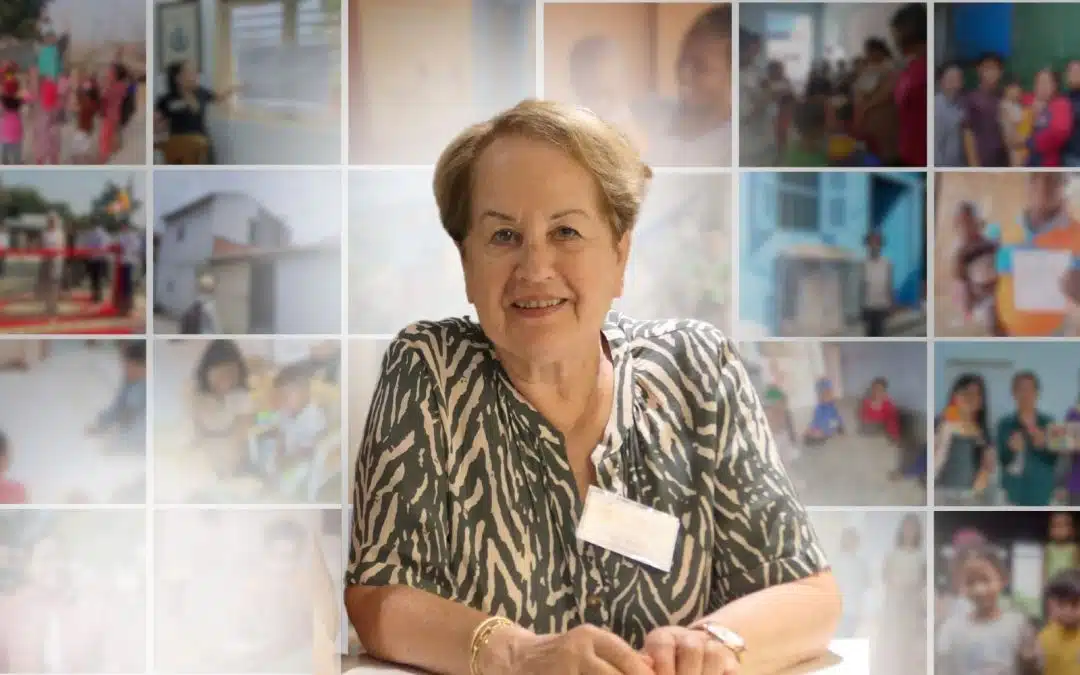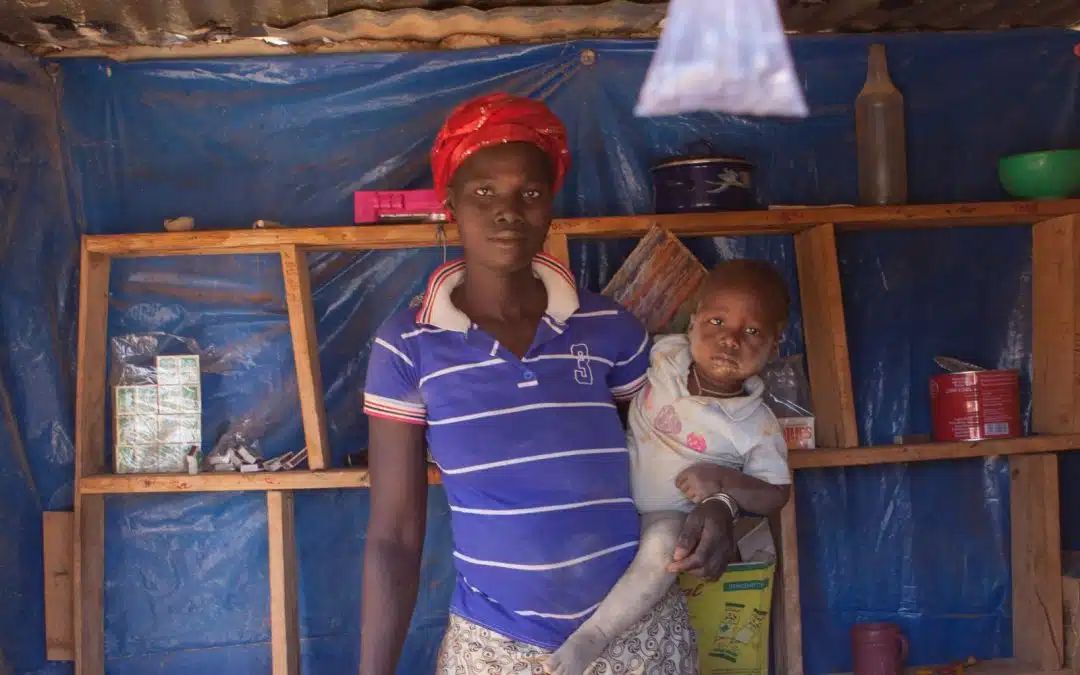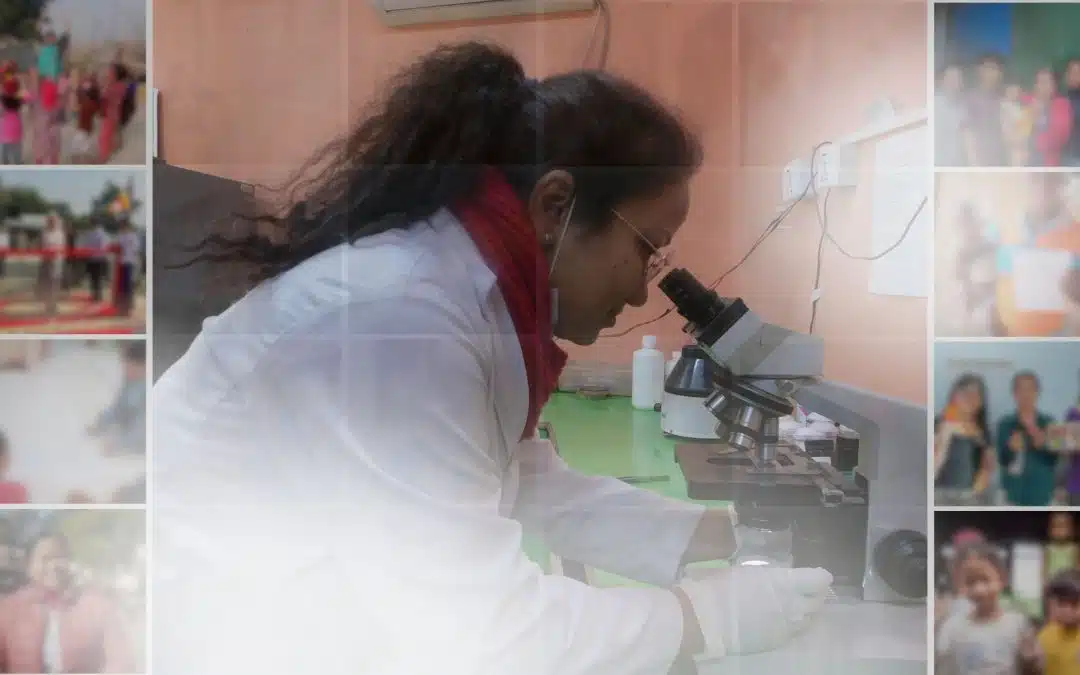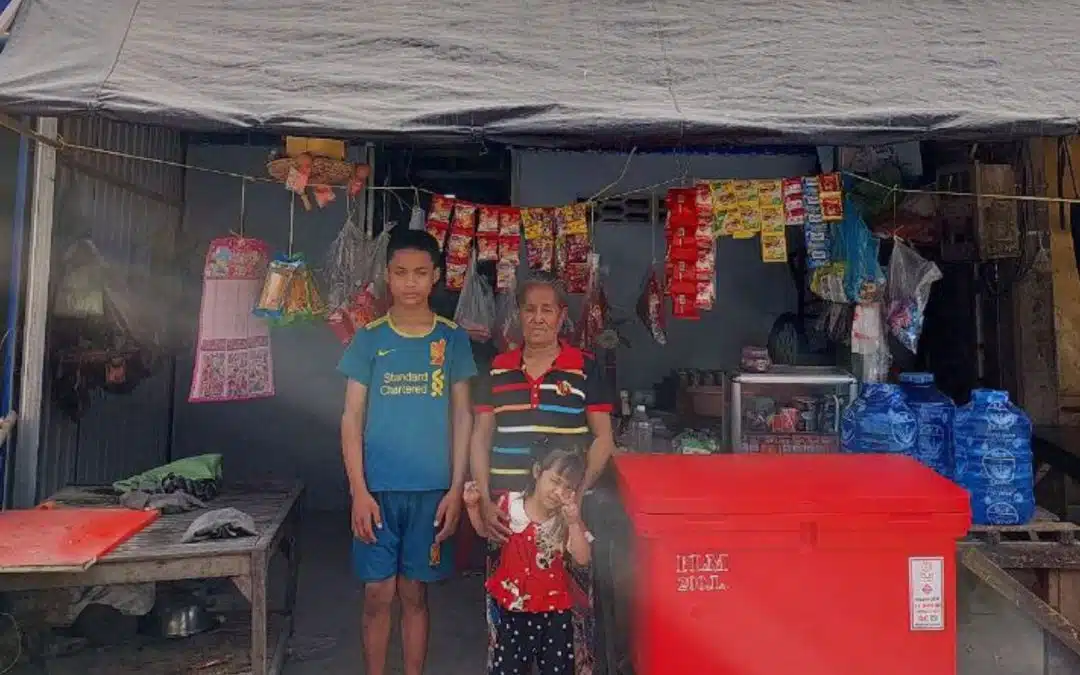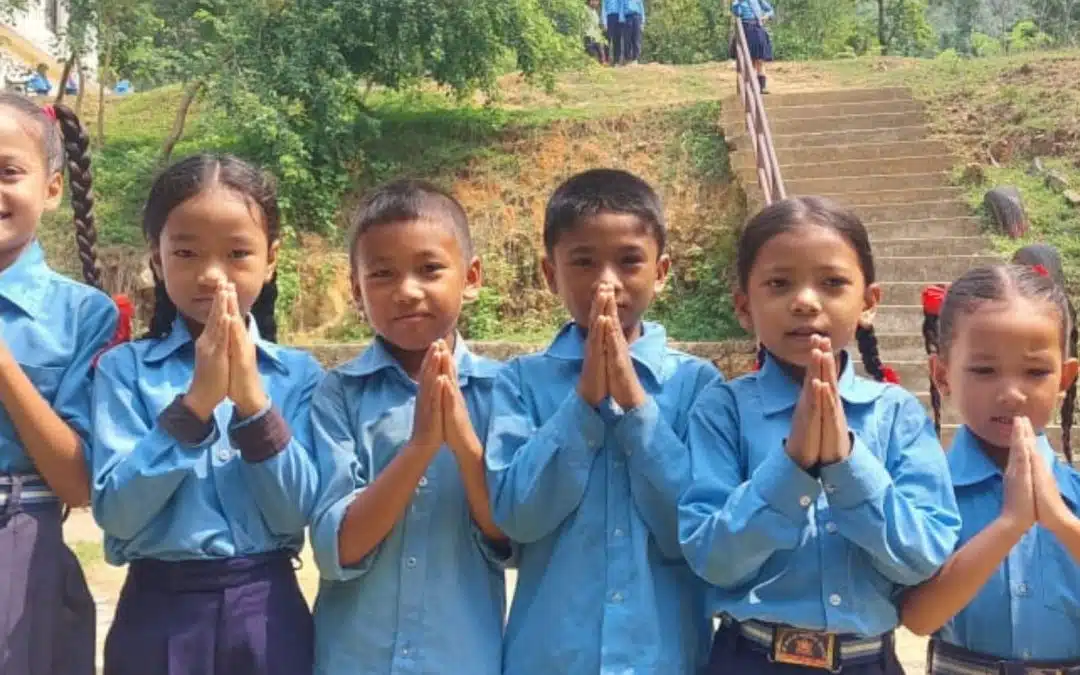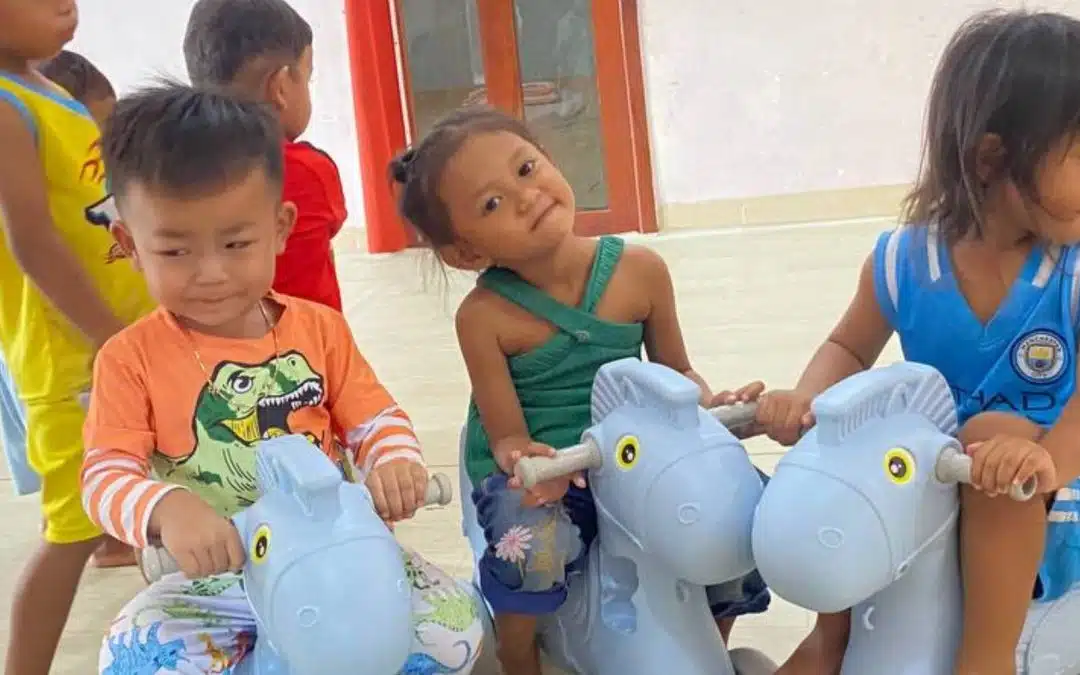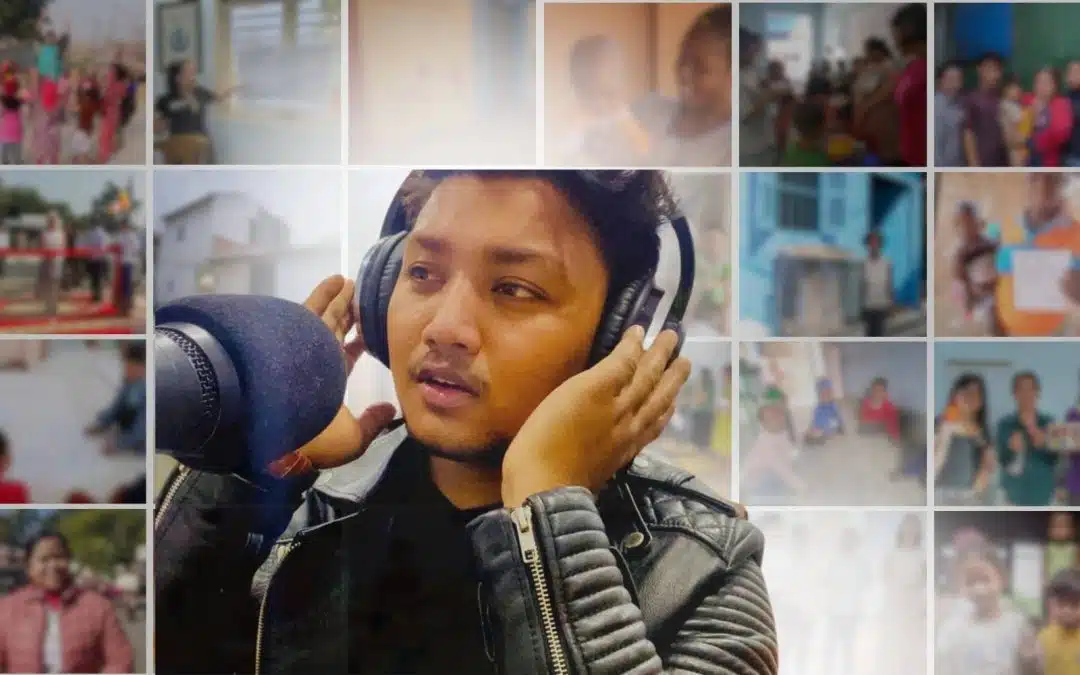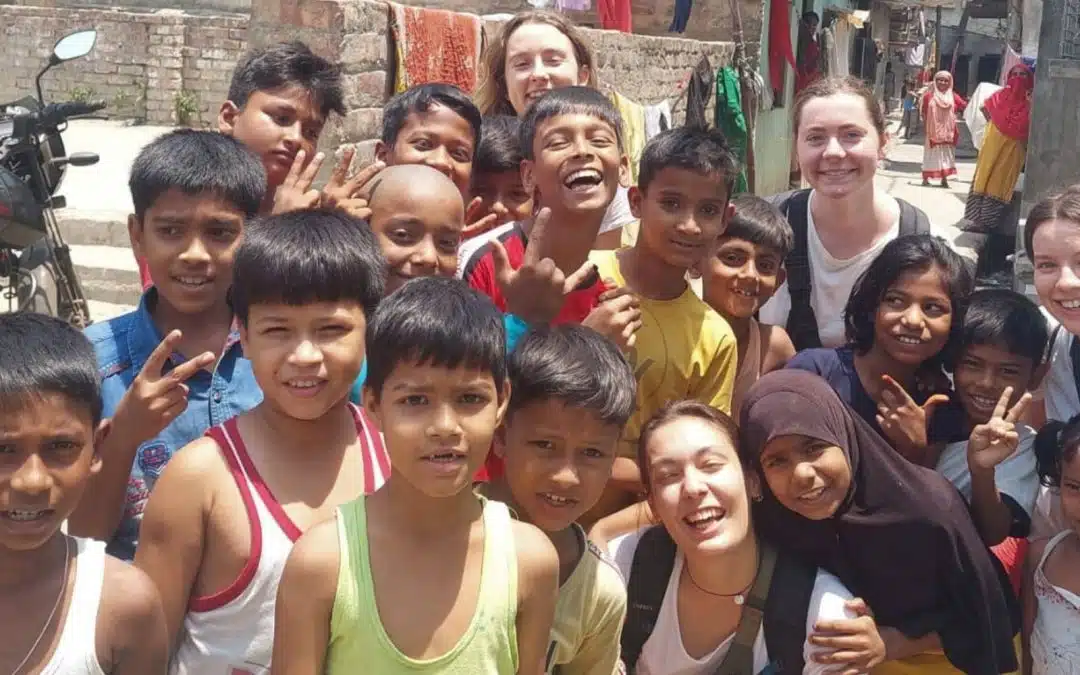On the occasion of International Education Day on January 25, Dah Gilbert, Early Childhood Officer in Burkina Faso, talks about early childhood education in his country in the midst of Covid-19.
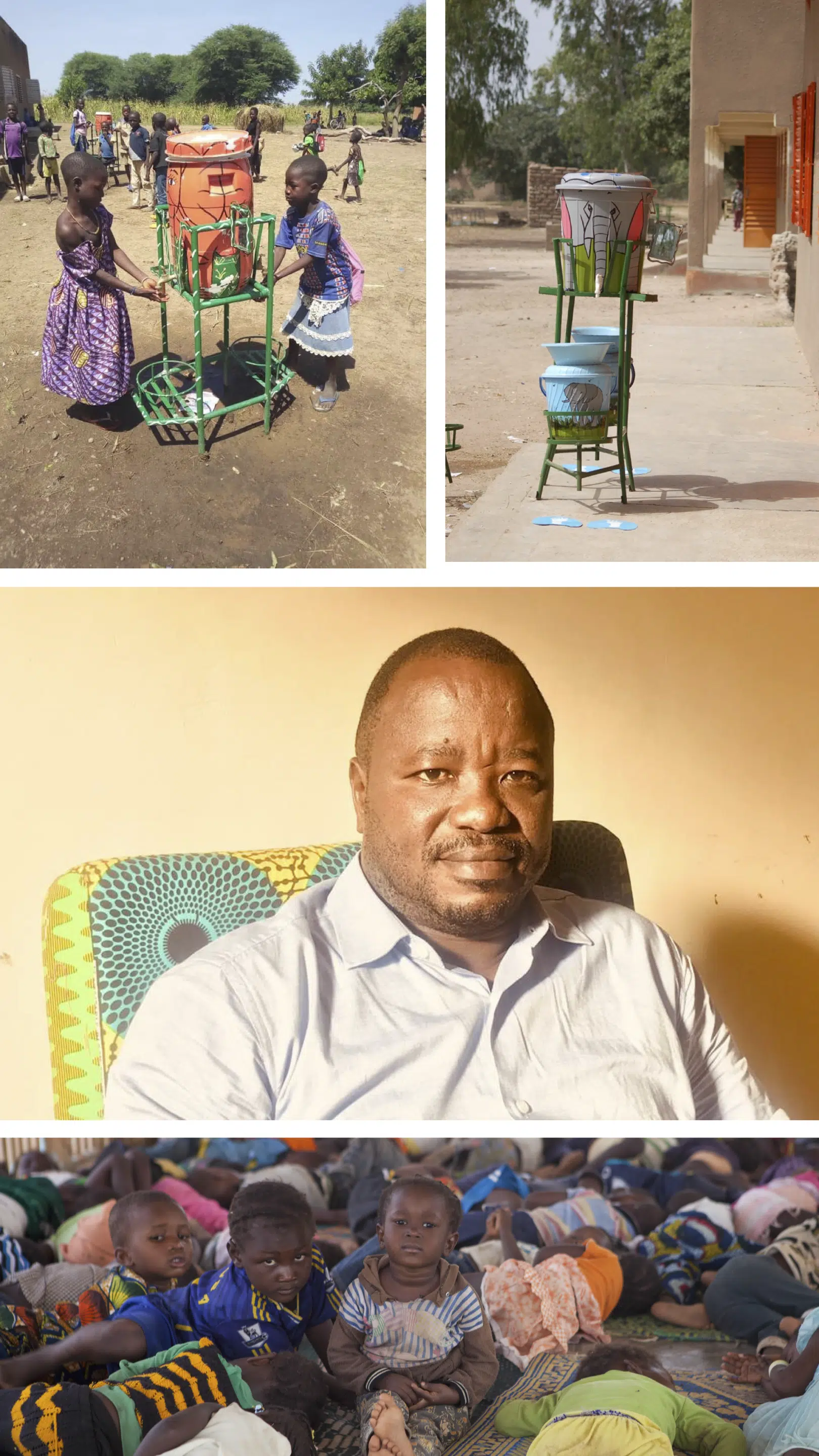
It is known that the 1st lockdown interrupted the schooling of more than 20 million children in kindergarten in Africa for 6 months. During this period, digital tools were developed around the world to prevent school dropout. Do you think this innovation has worked in Burkina Faso?
Digital tools already existed in Burkina Faso before the pandemic, to support students in areas with high security challenges (terrorism). This program has been rolled out more broadly to reach more children. The innovations are based on teaching through TV and radio. But also on the creation of a digital platform "Fasoéducation". But Having the equipment to follow distance learning remains a challenge. The most underprivileged do not necessarily have access to a computer, electricity or the Internet.
The Ministry of Education has developed a comprehensive response plan, including a communication plan on Covid-19 for teachers and students at all levels. It explains the disease, how to prevent it and the measures to adopt to fight its spread.
For our part, we continued our Elephant Memory Project in 25 new schools in the east of the country. With this project, children are made aware of the importance of washing their hands and are provided with playful devices in schools to respect this essential barrier. They also talk about it at home, which has a snowball effect. As paradoxical as it may seem, the country as a whole has nevertheless achieved a success rate in the various exams that is significantly higher than the previous two years.
- And did these innovations also concern the kindergarten in Burkina? Yes, audio activities were pre-recorded for the toddlers and broadcast on the radio, as well as on the digital platform for the benefit of parents. They were able to pursue activities such as language chat, storytelling, pre-reading and mathematics awareness with their children.
- What was the role of teachers in Burkina Faso, both kindergarten and primary, during the school closure period? It was the teachers who prepared the lessons and the radio and TV programs. It is also the mobilization of all teachers that allowed the holding of exams at the end of the school year and the resumption of classes in smaller groups, in order to respect the barriers.
- Do we need to reassure Burkinabé parents or convince them to enroll their children again? Yes with a preschool enrollment rate of 5.2% in 2019, there is no denying that various actions need to be taken to improve kindergarten enrollment.
- And tomorrow: do you think this crisis will sacrifice generations of schoolchildren in Burkina Faso? Sacrifice, I hope not... But this crisis may have a negative impact on the quality of education and the general level of students.
DAH Ollo Difrothey Gilbert is an early childhood expert. He was an early childhood education inspector before joining the association. He is a member of a national group, with the Ministry of Education, to improve the quality and governance of pre-school education in Burkina Faso. Through 2 projects, he has worked with the association on the construction of 13 CEEP (Centres d'Eveil et d'Education Pré-scolaires = pre-schools), the harmonization of pedagogical sheets and the elaboration of a methodological guide for teachers, as well as the training of school management committees).
January 19, 2021
